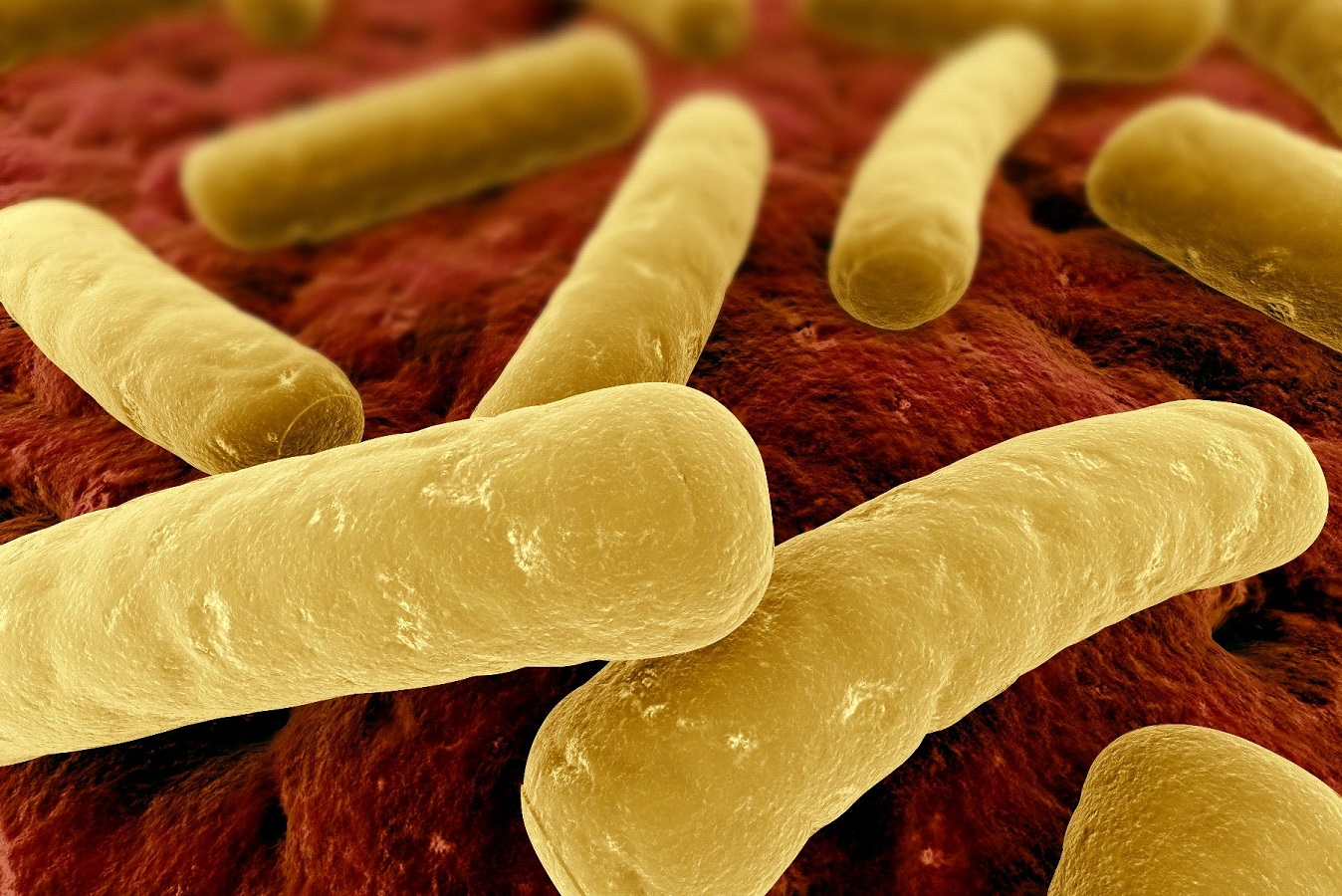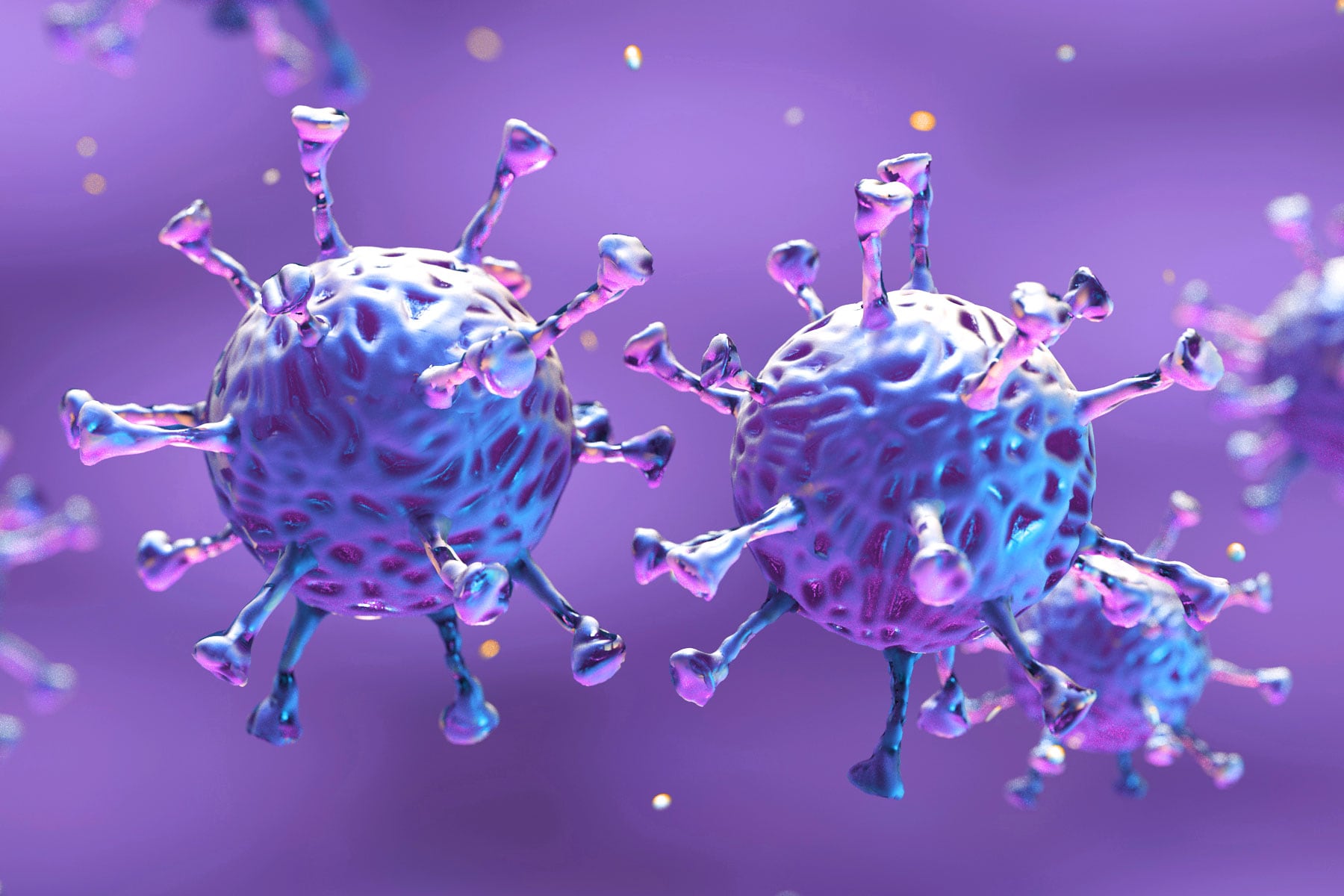C.Difficile Infection Symptoms, Causes, Complications, Diagnosis and Treatment

What Is C.difficile Infection ?
Clostridium difficile is a bacterium known to trigger signs that range from diarrhea to intense colon inflammation. The bacterium is also known as C.diff or C.difficile. In addition to this, illness caused by this bacterium mostly occurs in aged people, those in long-term care facilities or hospitals, often after the usage of antibiotics.
Though, the fact does not exclude healthy and young people from its risk. As per some studies, the infection is increasingly reported to occur in such individuals as well. Despite the fact that they have not used any antibiotics in the recent days or are not exposed to any health care facility. Innumerable patients are reported to suffer from C.difficile infection every year. Researchers have noticed that with the passage of time, the illness is becoming more intense, frequent and hard to treat.
What Are The Symptoms Of C.difficile Infection ?
Few individuals carry the bacterium in their intestines and never become affected by it, though; such people can serve as the basis to spread it to others. In most cases, the illness occurs while, or within some months after the usage of antibiotics.
Minor to moderate level of infection can source the below mentioned symptoms:
- Slight abdominal tenderness and cramping.
- Watery diarrhea.
In intense cases, patients get dehydrated and are advice hospitalization. The bacterium triggers colitis, (inflammation of colon), and in few cases, it causes pseudomembranous colitis.
Indications of intense infection are as follow:
- Watery diarrhea.
- Abdominal pain and cramping.
- Fever.
- Nausea.
- Dehydration.
- Loss of appetite.
- Pus or blood-containing stool.
- Weight loss.
- Kidney failure.
- Swollen abdomen.
- Increased W.B.C.
What Causes C.difficile Infection ?
The bacteria responsible for causing the infection are found in the environment, for example water, air, soil, animal/human stools and processed foods. Rarely, healthy individuals carry C.difficile in their body (large intestines) and never become affected by it. Moreover, the bacterium is passed through stool and manages to reach objects and foods, in case an infected person does not wash the hands properly. An otherwise healthy individual can become infected if he or she comes in contact with the bacterium by:
- Consuming contaminated water or food.
- Touching the contaminated object or surface, and then eat or cook without getting the hands washed.
What Are The Complications Of C.difficile Infection ?
Following are the complications of C.difficile infection:
- Bowel perforation.
- Toxic megacolon.
- Kidney failure.
- Dehydration.
- Death.
How Is C.difficile Infection Diagnosis ?
Usually, the infection is suspected in case:
- A patient with diarrhea has a record of using antibiotics in the recent times.
- The patient has developed diarrhea days after being hospitalized.
The doctor can suggest either or more of the below mentioned tests:
- Stool tests.
- Colon imagination.
- Imaging tests.
How Is C.difficile Infection Treatment ?
Relying upon the intensity of condition, treatment options can include the following:
- Antibiotics.
- Surgery.
By : Natural Health News




